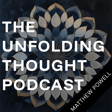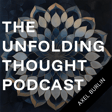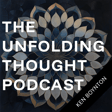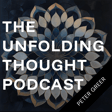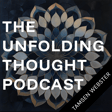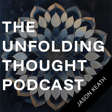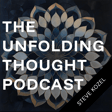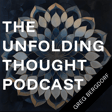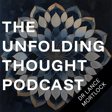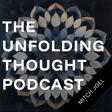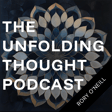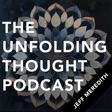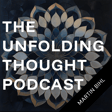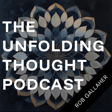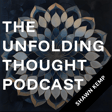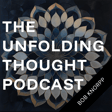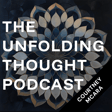
Neen James: Creating #ChampagneMoments and Redefining Luxury
In this episode of The Unfolding Thought Podcast, Eric Pratum speaks with Neen James—leadership strategist, keynote speaker, and author of Attention Pays and the soon-to-be-released Exceptional Experiences. Known for her “sassy Aussie energy” and straight-talk frameworks, Neen challenges traditional ideas of luxury, arguing that it’s not about money or things but about moments of human connection.
She explains the research behind the four luxury mindsets, why empathy and conscientiousness matter for leadership, and how small, repeatable acts of attention can create what she calls “champagne moments.” From systemizing thoughtfulness in everyday life to thinking like a concierge instead of a bellhop, Neen reveals practical ways to elevate both client experiences and team culture.
Topics Explored:
- Why luxury is less about expense and more about experience
- The four luxury mindsets and how they shape behavior
- How empathy and attention underpin exceptional experiences
- The role of conscientiousness and systemized thoughtfulness
- Scaling luxury: making exceptional experiences profitable and practical
- Creating “champagne moments” in daily leadership and life
Links:
- Pre-order Neen’s book Exceptional Experiences: https://neenjames.com/books/
- Get Neen’s first book Folding Time for free: https://neenjames.com/wp-content/uploads/2019/04/Book-Folding-Time-NeenJames.pdf
- Find all of Neen’s research and resources about luxury mindsets: https://luxuryisamindset.com
- The Business Meditations Neen mentioned: https://www.youtube.com/playlist?list=PL-WyDzPVJzUqWSGGIM0lSxqk4T-TBmsrQ
- The discussion with Alan Fine: https://unfoldingthought.com/28-alan-fine-exploring-the-inner-game-to-grow/
For more episodes, visit: https://unfoldingthought.com
Questions or guest ideas: eric@inboundandagile.com
